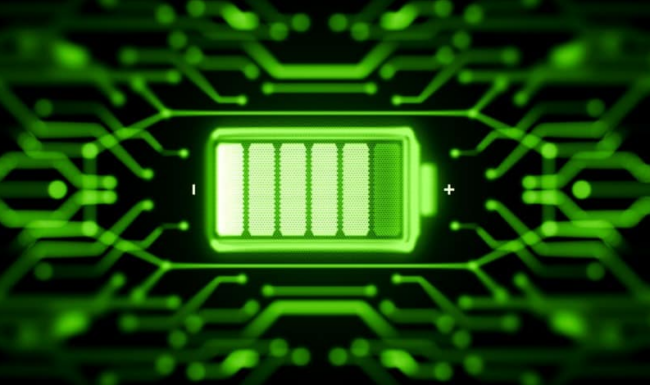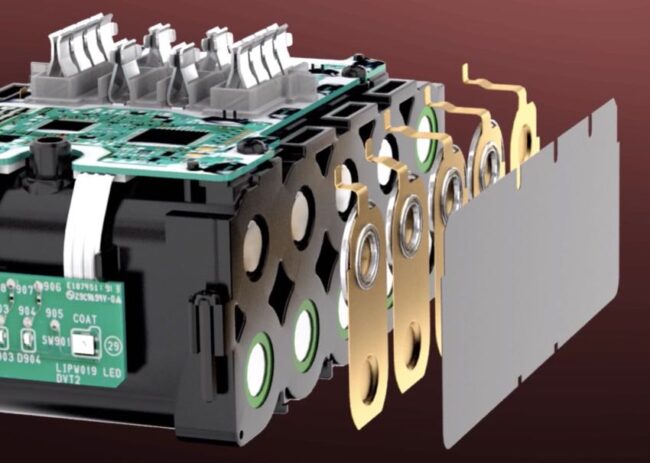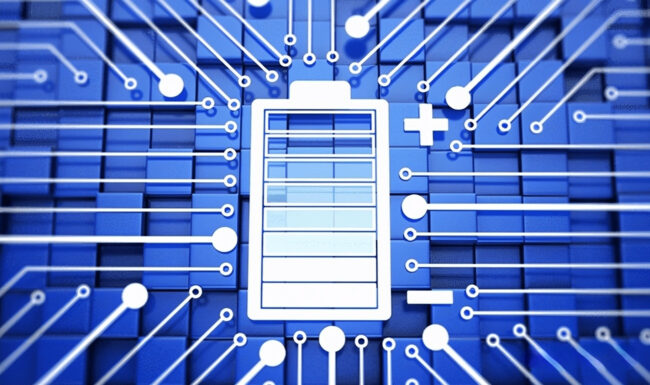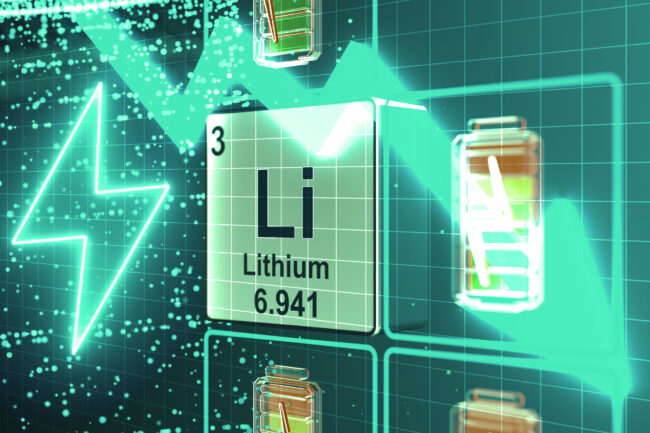Lithium batteries have become an integral part of modern life, powering everything from smartphones and laptops to electric vehicles and renewable energy storage systems.
As our reliance on these portable power sources grows, so does the need to optimize their lifespan and performance.
This article delves into the best practices and maintenance tips that can help maximize the longevity of lithium batteries, ensuring they remain efficient and reliable over time.
Understanding Lithium Batteries

Lithium-ion batteries, the most common type of lithium battery, operate based on intricate chemical reactions that occur within their cells. These cells consist of a cathode, an anode, an electrolyte, and a separator.
The way these components interact determines the battery’s overall performance and lifespan. Several factors influence a lithium battery’s longevity, including charge cycles, temperature, depth of discharge, and usage patterns.
Best Practices for Extending Lithium Battery Life

- Proper Charging Techniques: One of the most critical aspects of prolonging lithium battery life is adhering to proper charging techniques. Overcharging and undercharging can lead to irreversible damage, so it’s essential to use manufacturer-approved chargers and follow recommended charging protocols. Charging within the specified voltage and current limits helps prevent stress on the battery’s cells and maintains their health over time.
- Managing Temperature: Temperature plays a significant role in the performance and lifespan of lithium batteries. Operating and charging batteries within the optimal temperature range is crucial. Extreme heat or cold can degrade battery capacity and increase the risk of failure. During storage, it’s advisable to keep batteries in a temperature-controlled environment to prevent thermal stress and degradation.
- Avoiding Deep Discharges: Deep discharges, where a battery’s charge level drops significantly, can be detrimental to lithium batteries. They can cause voltage imbalances between cells and lead to capacity loss. Implementing charge maintenance routines, such as avoiding complete discharge whenever possible and using battery management systems (BMS), can help prevent deep discharges and ensure balanced cell voltages.
- Regular Usage and Calibration: Lithium batteries benefit from regular usage, as extended periods of inactivity can lead to capacity loss. Using the battery and calibrating it by fully charging and discharging periodically helps maintain accurate battery percentage readings. Balancing cell voltages through calibration contributes to even cell wear and extends overall battery life. For more information on lithium battery care and maintenance, visit GOLDENMATE‘s comprehensive guide.
Battery Maintenance Tips

- Cleaning and Inspection: Keeping battery contacts and terminals clean is essential for maintaining a strong connection and preventing corrosion. Regular visual inspections can help detect physical damage or signs of wear. Gently cleaning the battery with a dry, lint-free cloth or a small amount of isopropyl alcohol can help prolong its lifespan.
- Software Optimization: Software optimization can significantly impact battery life. Keeping device firmware and battery management software up to date ensures efficient power management. Managing background apps and processes, as well as enabling battery-saving modes when needed, reduces unnecessary energy consumption.
- Proper Storage Techniques: When storing lithium batteries for an extended period, it’s crucial to prepare them properly. Storing batteries at around 50% charge in a cool, dry place helps mitigate capacity loss. Avoiding extreme temperatures and ensuring proper ventilation are essential to prevent potential thermal runaway and battery degradation.
- Recycling and Disposal: Responsible battery disposal is vital for environmental sustainability. When a lithium battery reaches the end of its life, it should be recycled through dedicated battery recycling centers. Proper removal and disposal methods prevent hazardous materials from entering landfills and contribute to a cleaner ecosystem.
Common Lithium Battery Myths and Misconceptions

Debunking prevalent misconceptions about lithium battery care helps users make informed decisions. Addressing myths such as “leaving a device plugged in overnight damages the battery” or “fully discharging the battery before charging improves longevity” dispels misinformation and promotes proper battery care.
Case Studies
Real-Life Examples of Battery Longevity: Examining real-life success stories of battery longevity highlights the practical benefits of implementing best practices. These cases showcase the positive impact of adhering to proper charging, usage, and maintenance techniques. Conversely, learning from failure scenarios emphasizes the consequences of neglecting battery care.
Future Developments in Lithium Battery Technology

The realm of lithium battery technology is continuously evolving, with promising advancements on the horizon. Emerging technologies, such as solid-state batteries and improved cathode materials, hold the potential to revolutionize battery performance and lifespan.
Staying informed about these developments can help users make educated choices regarding their battery usage and maintenance.
Conclusion
In a world where lithium batteries power our daily lives, maximizing their longevity is paramount. By following best practices for charging, managing temperature, avoiding deep discharges, and maintaining batteries properly, users can ensure their lithium batteries remain efficient and reliable over time.
Adhering to these guidelines not only extends battery life but also contributes to a more sustainable and environmentally conscious approach to technology usage. As we continue to witness advancements in lithium battery technology, responsible care remains the cornerstone of maximizing their lifespan and performance.
Discover a section discussing a common issue related to laptops and their power sources.
